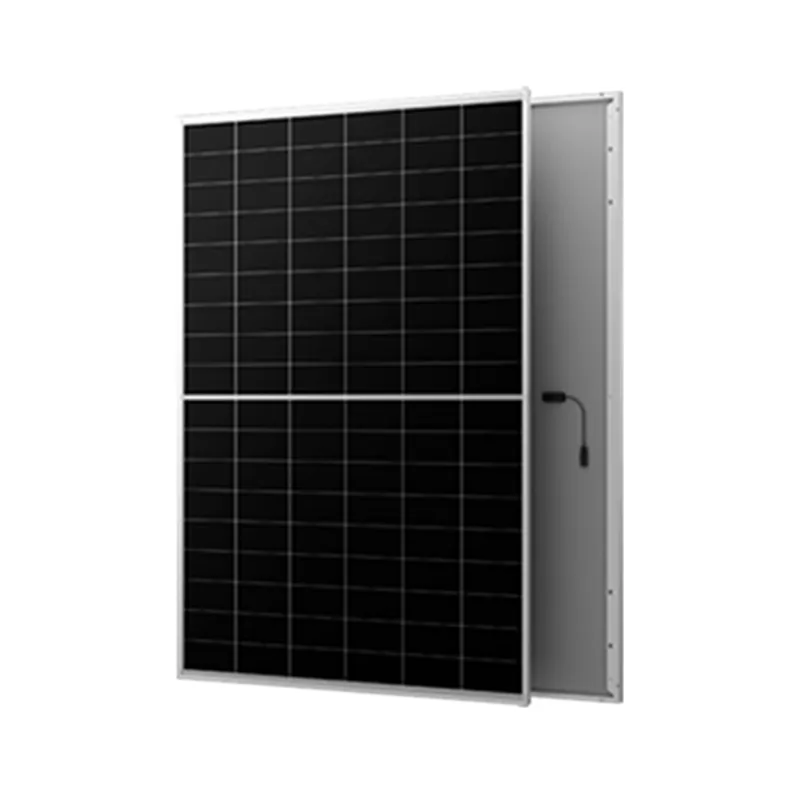solar hybrid inverter
Understanding Solar Hybrid Inverters A Game Changer in Renewable Energy
In the quest for cleaner energy solutions, solar hybrid inverters have emerged as a significant innovation, blurring the lines between traditional grid usage and renewable energy generation. These sophisticated devices are designed to harness solar power while simultaneously managing energy from the grid and battery storage systems. This article delves into the functioning, advantages, and importance of solar hybrid inverters in promoting sustainable energy practices.
What is a Solar Hybrid Inverter?
A solar hybrid inverter is a device that converts the direct current (DC) generated by solar panels into alternating current (AC), which can be utilized by household appliances and fed back into the electricity grid. Unlike conventional inverters, hybrid inverters are equipped to manage multiple sources of energy, which include solar panels, batteries, and the electrical grid. This versatility allows users to optimize their energy consumption and storage, making them especially valuable in off-grid applications or locations with unreliable grid access.
How Does It Work?
The operation of a solar hybrid inverter revolves around its ability to seamlessly integrate energy from various sources. When sunlight hits the solar panels, it generates DC power, which the inverter converts to AC for home use. During periods of high energy production, any excess electricity can be stored in batteries for later use or sent back to the grid, depending on the system's configuration and local regulations.
When the demand for electricity exceeds solar production, or during nighttime, the hybrid inverter can draw power from the batteries or the grid. This dynamic energy management helps balance supply and demand, minimizing reliance on fossil fuels and enhancing energy security. Furthermore, many hybrid inverters come with smart monitoring features, allowing users to track energy production and consumption in real-time through mobile applications.
Advantages of Solar Hybrid Inverters
solar hybrid inverter

2. Energy Independence By leveraging solar energy and battery storage, users can significantly reduce their dependence on the grid, leading to lower energy bills and increased resilience during power outages.
3. Environmental Benefits Using renewable energy sources helps reduce carbon footprints, contributing to a cleaner environment. As the world strives to combat climate change, solar hybrid inverters represent a step toward sustainable living.
4. Smart Energy Management Advanced models come equipped with features like real-time monitoring, remote access, and automated energy management systems, allowing users to optimize their energy use effectively.
5. Cost-Effectiveness Although the upfront investment may be higher than traditional inverters, the long-term savings on energy costs, combined with potential tax incentives and rebates for renewable energy installations, make hybrid inverters a financially sound choice.
The Future of Energy with Solar Hybrid Inverters
As technology advances, solar hybrid inverters are becoming increasingly efficient and user-friendly. The integration of smart technologies, such as artificial intelligence and machine learning, will likely enhance their capabilities, allowing for even better energy management and predictive analytics for energy use.
Governments and organizations around the globe are recognizing the importance of transitioning to renewable energy systems. As a result, incentives and policies promoting the installation of solar hybrid inverters are expected to increase, further driving adoption rates. This shift not only supports individual energy users but also contributes to broader efforts aimed at creating a sustainable energy infrastructure.
Conclusion
In a world where energy demands continue to rise, and environmental concerns become more pressing, solar hybrid inverters stand at the forefront of the clean energy revolution. Their ability to integrate diverse energy sources, optimize usage, and promote energy independence highlights their significance in modern energy systems. As we move toward a more sustainable future, investing in solar hybrid technologies is not just a wise choice—it's an essential step toward a healthier planet.
-
Unlocking Energy Freedom with the Off Grid Solar InverterNewsJun.06,2025
-
Unlock More Solar Power with a High-Efficiency Bifacial Solar PanelNewsJun.06,2025
-
Power Your Future with High-Efficiency Monocrystalline Solar PanelsNewsJun.06,2025
-
Next-Gen Solar Power Starts with Micro Solar InvertersNewsJun.06,2025
-
Harnessing Peak Efficiency with the On Grid Solar InverterNewsJun.06,2025
-
Discover Unmatched Efficiency with the Latest String Solar InverterNewsJun.06,2025







